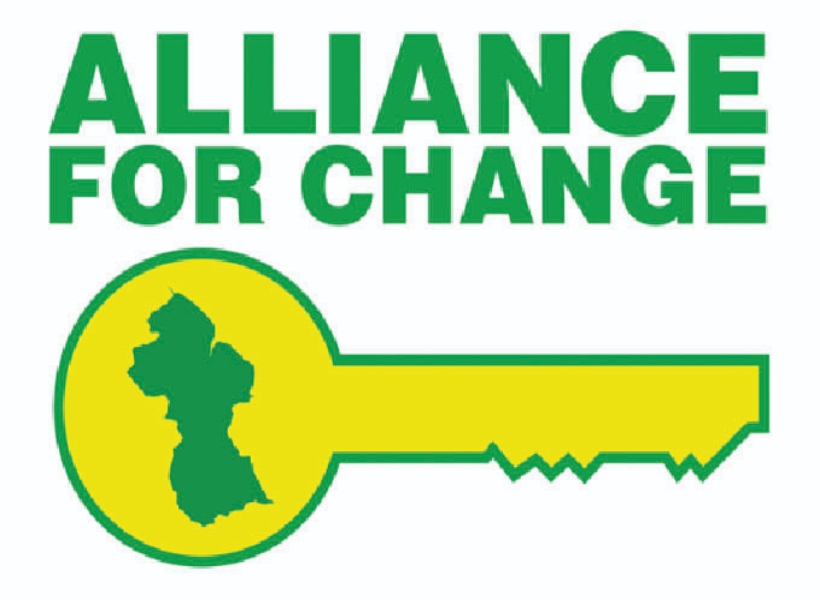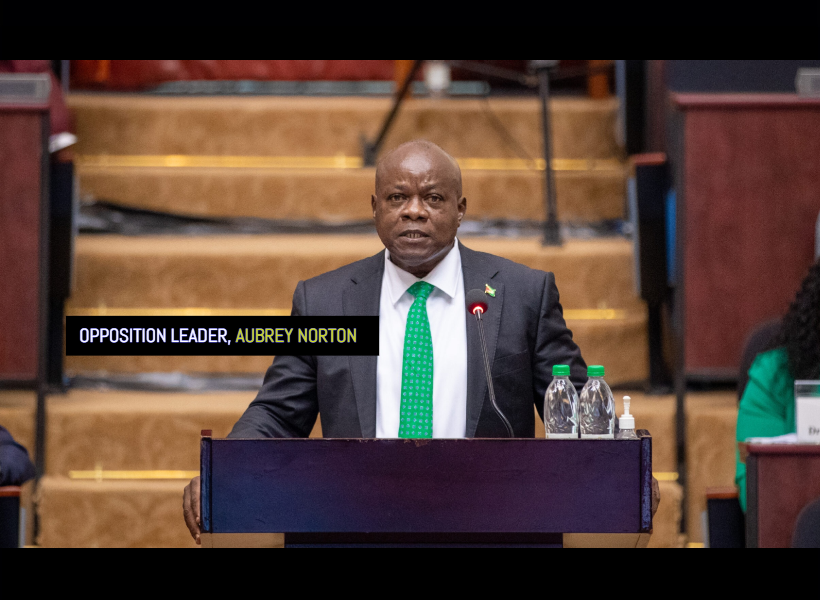The Office of the Leader of the Opposition today expressed deep concern about several deficiencies in the government’s draft Petroleum Activities Bill 2023 which could leave the country at risk of mismanagement.
In its preliminary assessment, the opposition noted that the bill remains silent on crucial issues such as insurance and liability coverage. This omission it said is particularly alarming given the legal disputes that have arisen in recent years within the local oil and gas industry. It also argued that the legislative framework should ensure that companies bear full responsibility for environmental and industrial damages, including oil spills, both in response to claims and outside of them.
Another area of contention highlighted by the opposition is the lack of provisions addressing the principles and rules governing the auction process. It argued that transparent, consistent, and predictable guidelines are necessary to minimize opportunities for corruption, insider trading, and the flipping of leases or concessions.
It expressed concerns about government spending directly from cost oil, emphasizing the potential for high-level corruption and wasteful use of public funds. It debated that agreements between companies and the government for infrastructure projects must undergo parliamentary scrutiny, debate, and approval, all with the aim of ensuring accountability for expenditures.
Furthermore, the opposition criticized the current government’s disregard for feasibility studies, even those stipulated in the Stabroek Block Production Sharing Agreement (PSA) and insisted that such studies should be mandated by legislation to prevent hasty and ill-informed decision-making.
The Aubrey-Norton-led opposition also stressed the importance of audits as a mechanism to ensure the country receives its fair share of oil revenues and to oversee company operations. It contended that legislation should explicitly mandate timely and incisive audits, with penalties for companies providing false or deceptive information during these audits and the release of audit results to parliament and the public should also be timely and enforced.
The establishment of a Petroleum Commission was another point of contention raised by the opposition as it criticized the government’s “apathetic approach” and urged for the integration of the commission’s mandate, powers, and functions within the Petroleum Activities Act, similar to other regulatory bodies in the mining sector.
Regarding royalty payments, the opposition expressed concerns about the absence of provisions to increase royalty rates when companies benefit from sustained high oil prices and suggested incorporating a price-based, pre-set sliding or variable royalty rate, similar to the local gold industry, without jeopardizing the investment climate or fiscal regime.
Additionally, the opposition highlighted the bill’s deficiency in addressing compliance with the Extractive Industries Transparency Initiative (EITI) framework, emphasising the importance of obligating oil companies, the Guyana Revenue Authority (GRA), and the Petroleum Commission to provide information promptly and fully, as requested by the Guyana EITI Secretariat.
Concerns of civil society were also echoed, pointing out that the two-week period allocated for public comment on such a significant bill governing the vital oil and gas industry was insufficient. Notably, the Vice President, Dr. Bharrat Jagdeo in his press conference last week, anticipated the opposition’s disapproval of the timelines given for review, as they laid the same contentions months ago when the draft new model PSAs were released. He said that the bill is easily digestible within a short timeframe and it is considerably shorter than its predecessor, insinuating that the opposition is very lazy.
Nevertheless, the opposition has promised a more comprehensive analysis when the bill is presented to the National Assembly.









